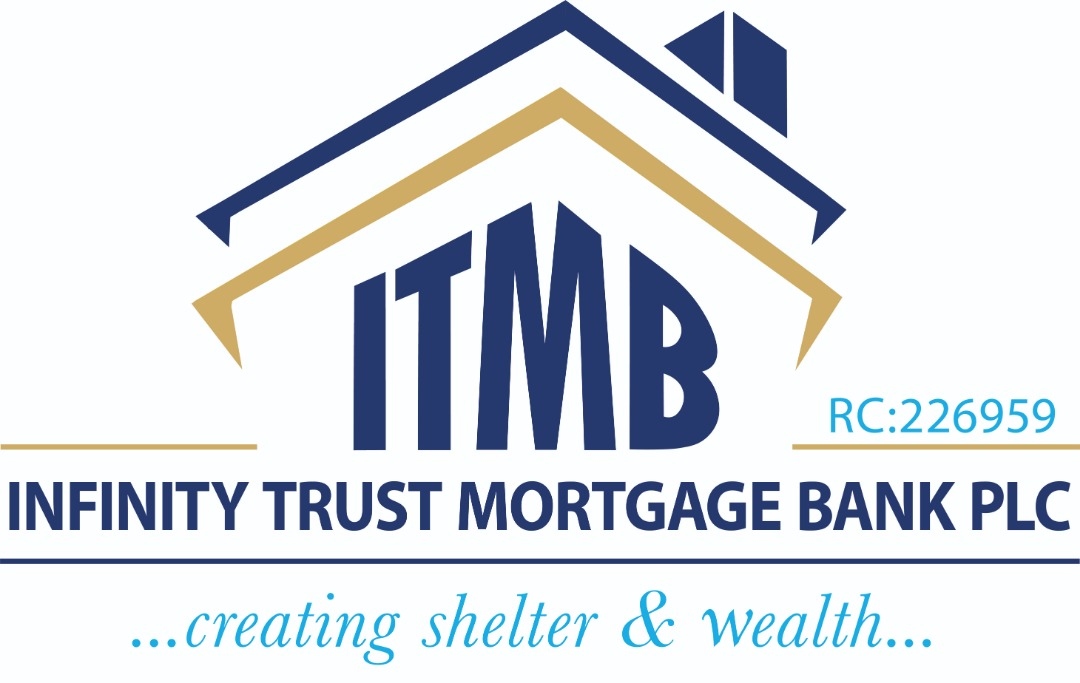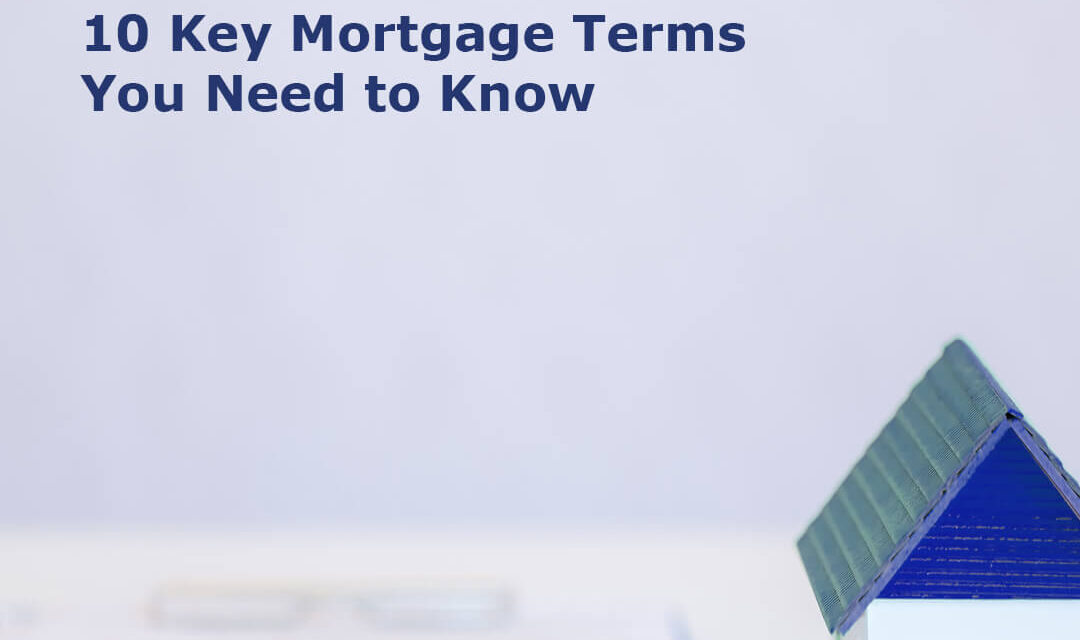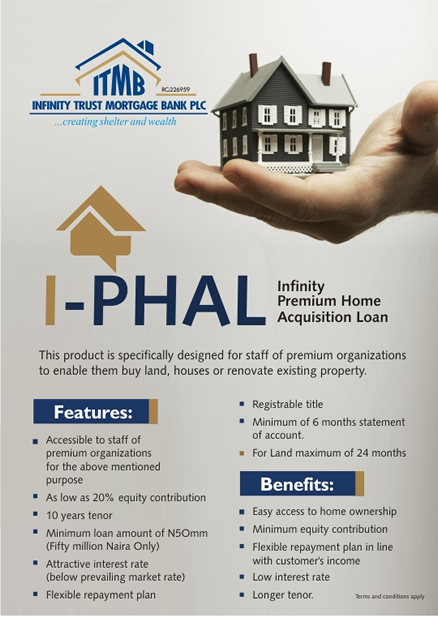You have just decided to take a mortgage loan to acquire your dream home? Wow! That sounds like a good decision. However, there are some important mortgage terms that you have to familiarize yourself with which you will come across during the application process. We have just compiled 10 key mortgage terms that you will come across when you finally decide to take a mortgage loan. Below are the key mortgage terms:
- Appraisal
An appraisal is an activity that the Bank conducts on an intending borrower to assess his income level, net worth, and cash flow in order to ascertain that the individual can repay the mortgage loan. Once an appraisal is completed, the loan amount applied for can either be reduced because of certain considerations, or there would be a request for more collateral or assets in order for the mortgage loan to be approved. The appraisal assures the Bank that they are not loaning you more money than you can repay.
- Credit Scoring
Credit scoring is done to assess the creditworthiness of an applicant by looking at the personal characteristics; the household, the number of children, age, economic characteristics; such as income level, employment status, cash flow, and the credit score of the applicant, and valuation of the property. The Bank credit scoring is based on the listed factors earlier to check if the applicant is qualified for a mortgage loan.
- Equity Contribution
Equity contribution is the amount of money that you can immediately contribute towards the purchase of a property. Since most people do not have enough savings to purchase a property outright, the gap between the equity contribution and the house price is financing required. The Bank would require that the applicant provide an equity contribution between 20 -and 30% or more depending on the value of the loan and the risk profile of the applicant.
- Debt-To-Income (DTI) Ratio
Your DTI is equal to your total fixed, recurring monthly debts divided by your total monthly gross household income. Mortgage Banks look at your DTI when they consider you for a loan to make sure that you have enough money coming in to make your payments. You may have trouble finding a loan if your DTI is too high. Most lenders cater to applicants who have a DTI of 50% or lower.
- Principal
The principal is the amount of money you borrow when you originally take out your home loan. To calculate your principal, simply subtract your down payment from your home’s ultimate selling price.
Let us assume you buy a home for N 6,000,000 with a 30% down payment. You would put 1,800,000 down on your loan. Your mortgage lender would then cover the cost of the remaining amount on the loan, which is N4,200,000. Since you owe your mortgage lender N 4,200,000, your principal balance would be N 4,200,000.
- Term/Tenure
Your mortgage term or tenure is the number of years you’ll pay on your loan before you fully own your home. For example, you may take out a mortgage loan with a 10-year term and that means that you’ll make monthly payments on your loan for 10 years before the loan matures.
- Amortization
Amortization is the process of how payments spread out. When you make a payment on your mortgage, a percentage of your payment goes toward interest and a percentage goes toward your loan principal. At the beginning of your loan, your principal is high and most of your payment goes toward interest. However, you chip away at your principal over time and pay less in interest. An amortization schedule can reflect consistent monthly payments and keep you on track to pay off your loan within the term.
- 8. Assets
In a mortgage, an asset is anything that you own that has a cash value.
When you apply for a mortgage, your lender will want to verify your assets. This is to ensure that you have enough money in savings and investments to cover your mortgage if you run into a financial emergency.
- 9. Fixed-Rate Mortgage
A fixed-rate mortgage has the same interest rate throughout the term of the loan. For example, if you buy a home at 4% on a 15-year fixed-rate loan, it means that you’ll pay 4% interest on your loan every month for your entire 15-year term. Most of the time, mortgages created in Nigeria are fixed rates.
- Title
A title is proof that you own a home. Your title includes a physical description of your property, the names of anyone who owns the property, and any liens on the home. When someone says that they’re “on the title” of a home, it means that they have some kind of legal ownership of the property. Some of the recognizable titles we have in Nigeria are Certificate of occupancy, deed of assignment, deed of lease, deed of sub-lease, land certificate, deed of mortgage, and survey plan.
Knowing the above terms will give an applicant a proper understanding of what to expect during the mortgage application process.
At least, the applicant would not appear like a novice to the account officer who is helping with the completion of the application.




